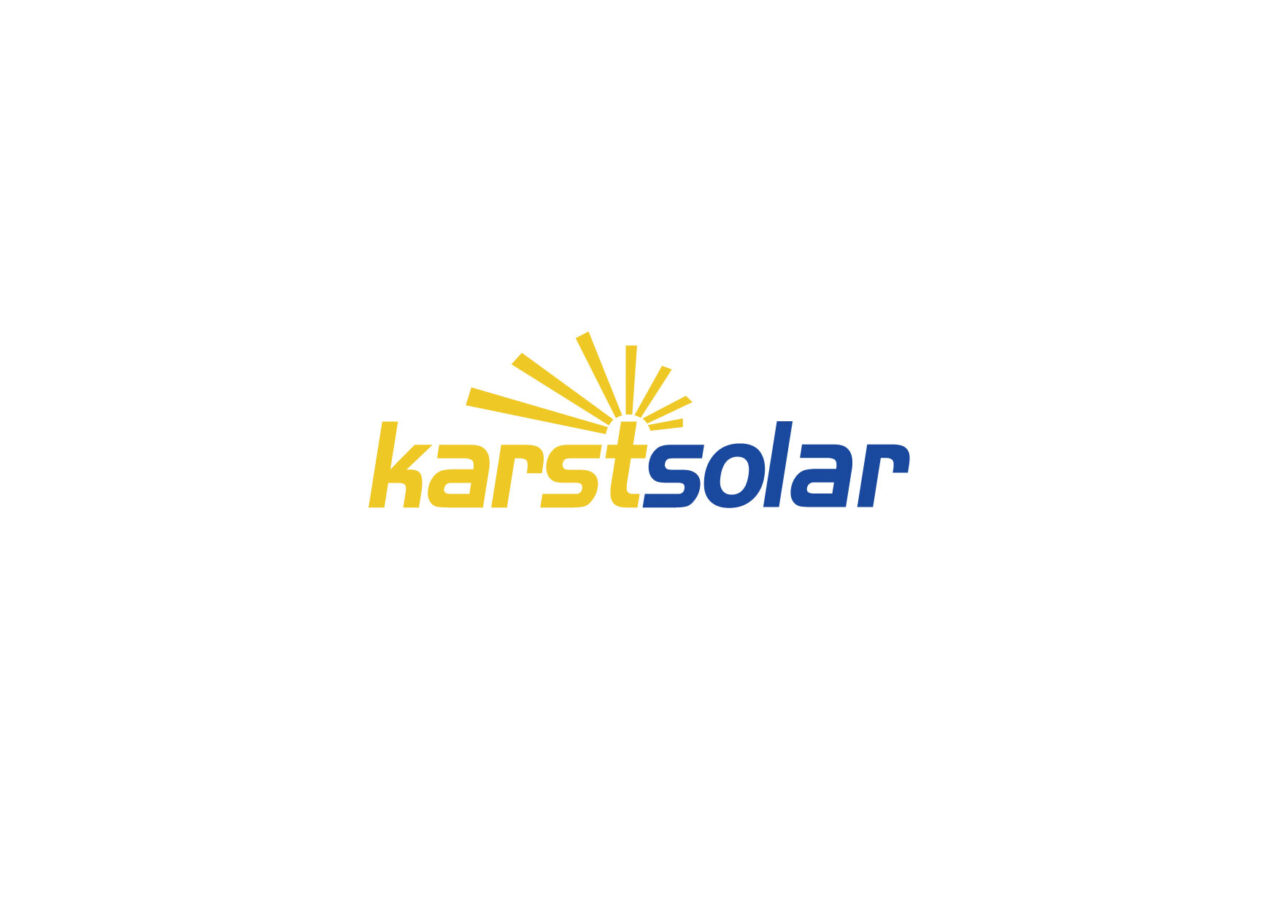As cities around the world grapple with the challenges of climate change, urbanization, and resource scarcity, solar energy emerges as a powerful ally in the pursuit of sustainable urban development. The deployment of solar technology in cities is crucial for achieving a balance between economic growth, environmental protection, and social well-being.

Environmental Impact: Solar energy plays a vital role in reducing a city’s carbon footprint. The United States’ solar PV systems have demonstrated a significant reduction in global warming pollutants, highlighting the potential of solar energy in combating climate change. Notable examples include London’s Siemens “Crystal” and Melbourne’s Pixel Building, which showcase the effectiveness of solar PV and smart lighting in achieving energy efficiency and reducing CO2 emissions.

The minimal water consumption in solar energy production is particularly beneficial in arid regions, offering a sustainable alternative to traditional power sources that rely heavily on water.
Economic Opportunities: The economic benefits of solar energy are multifaceted. Cities like Newport Beach in Florida have leveraged solar panels to reduce municipal energy costs, illustrating the financial viability of solar energy. Furthermore, the solar industry is a significant job creator, with initiatives such as Los Angeles’ “100 MW Subsidy Program” set to generate substantial local employment opportunities.

Social Advancements: Solar energy enhances urban resilience by ensuring a reliable power supply during extreme weather conditions. Following Hurricane Sandy, New York City’s proposal to expand distributed solar generation and microgrids underscores the importance of solar energy in maintaining essential services during emergencies.

The integration of solar technology also improves the quality of life for residents, as seen in Ho Chi Minh City, where rooftop solar PV systems have bolstered the city’s energy self-sufficiency.
Technological Synergy: The convergence of solar energy with smart city technologies opens up new possibilities for urban sustainability.
Strategically planning cross-season thermal storage systems in urban clusters can address regional energy supply challenges, further integrating solar energy into the urban fabric.

In summary, solar energy is a key driver for sustainable urban development. Its environmental, economic, and social benefits make it an indispensable component of modern city planning. With the right strategies and policies in place, solar technology can pave the way for a future where cities are not only sustainable but also thriving, eco-friendly, and economically vibrant.

ENERGIZING YOUR LIFE
Karstsolar, based in Shenzhen, is a company dedicated to solar panel production and international trade. Founded in 2009, Karstsolar boasts extensive experience in solar technology and a remarkable track record in global market expansion. We take pride in delivering efficient and reliable solar solutions to clients worldwide.
